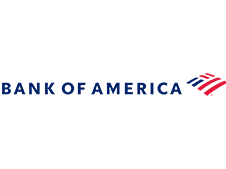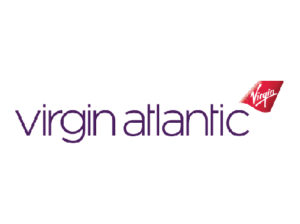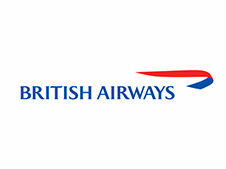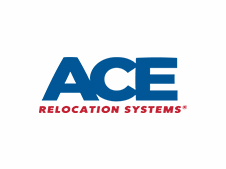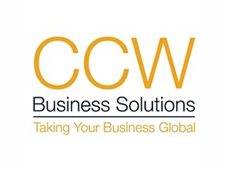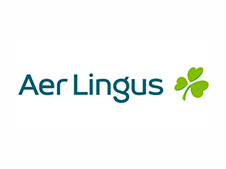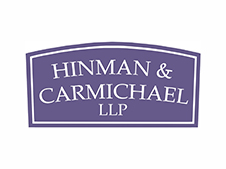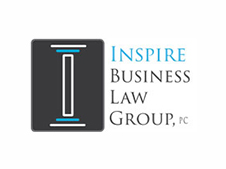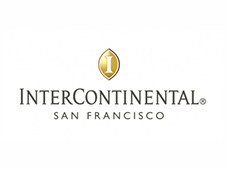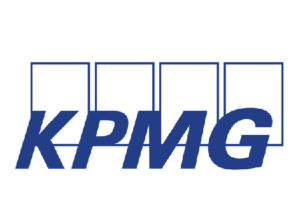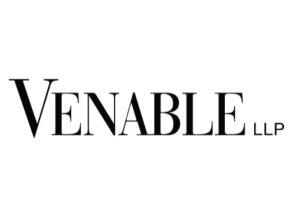As the tax filing deadlines for calendar-year Corporations approach, there are many special exceptions and considerations to be considered for foreign-owned business in the U.S.The following are a few important areas to consider for a U.S. subsidiary:
Permanent Establishment:
Perhaps the most important consideration is to keep the U.K. parent company out of the U.S. federal and state tax nets.Paramount to keeping the parent company from U.S. taxation is avoiding what is defined in the income tax treaty as permanent establishment.If the parent company has permanent establishment it becomes liable for filing federal income tax returns and paying U.S. taxes.Some of the situations that could create permanent establishment include:
i.If the U.S. company is a “dependent agent” of the foreign parent company (i.e. the transfer pricing arrangement does not allow for sufficient profits)
ii.If the officers of the foreign parent come to the U.S. and execute contracts on behalf of the foreign parent
iii.If the foreign parent has assets in the U.S. (i.e. it leases property to the U.S. subsidiary)
Income Tax Returns
The U.S. corporation will need to file U.S. federal income tax returns each year.The corporation can choose to file on either a calendar or fiscal tax year.For fiscal tax years, the year must end on the last day of the month and the year cannot be more than 12 months.For example, if the company is set up on July 1, the year cannot end later than the following June 30.
In addition to federal income tax returns, the corporation will need to evaluate if it has income tax filing requirements in any state or local jurisdictions.Each state has slightly different criteria for what triggers a state income tax filing requirement.
In addition to the regular return preparation, there are additional forms which are required to be prepared for foreign-owned entities. One of the most common forms specific to international business is Information Return of a 25% Foreign-Owned U.S. Corporation Engaged in a U.S. Trade or Business (Form 5472).Form 5472 is required to disclose reportable transactions that occur during the tax year of a reporting corporation with a foreign or domestic related party.Reporting corporations include 25% foreign-owned U.S. corporations and foreign corporations engaged in a trade or business within the U.S.It is extremely important that your income tax advisor is aware of this form and its intricacies as it carries a potential $10,000 penalty from the IRS if a reporting corporation fails to file Form 5472 timely and completely.Continued failure to file can accrue additional $10,000 penalties and in certain circumstances criminal penalties may apply.Many states also require Form 5472 to be attached to their income tax returns.
Other Common Filing Requirements
Form 1042
Annual Withholding Tax Return for U.S. Source Income of Foreign Persons (Form 1042) is initially due annually on March 15th. This form is generally required when certain payments are made from sources within the United States to foreign persons (including individuals and business entities). The payments generally include interest, dividend, royalties, license fees, and compensation for services rendered in the U.S., etc. These payments are normally subject to a 30% withholding rate unless a specific exemption (such as the tax treaty) can be applied.While the Form 1042 is due on March 15th, the frequency of the withholding deposits depends on the amount of tax you are required to withhold.
The income tax returns should take into account the U.S.-United Kingdom Income Tax Treaty.The income tax treaties are agreements between the U.S. and many foreign governments to modify the application of the tax laws to avoid double taxation of income.For example, interest and royalties under the U.S.-United Kingdom Income Tax Treaty are generally not subject to U.S. withholding tax except under special circumstances. However, Form 1042 must still be prepared to disclose the payment and claim a zero withholding rate under the treaty. Other payments, such as dividends, may be subject to a reduced withholding rate.
FBAR (FinCEN 114)
United States persons, including corporations, are required to file a Report of Foreign Bank and Financial Accounts (FBAR) if they had financial interest in or signature authority over at least one financial account located outside of the U.S. and the aggregate value of all foreign financial accounts exceeded $10,000 at any time during the calendar year.Failing to properly file a complete and correct FBAR may subject the U.S. person to a civil penalty not to exceed $10,000 per violation for nonwillful violations that are not due to reasonable cause and the greater of $100,000 or 50 percent of the balance in the account at the time of the violation, for each willful violation.
U.S. tax compliance for U.K. businesses setting up operations in the U.S. can be daunting, but preparing with the proper information and seeking counsel when needed can help reduce the risk of becoming noncompliant.The U.S. tax considerations for U.S. corporate subsidiaries of U.K. parent companies above includes a few of the most important considerations relating to U.S. taxation for international businesses, but is in no way intended as a comprehensive list of all possible tax considerations or filings.
If you have any questions or would like additional details regarding tax compliance for a U.S. subsidiary of a foreign parent, please feel free to contact our office.

